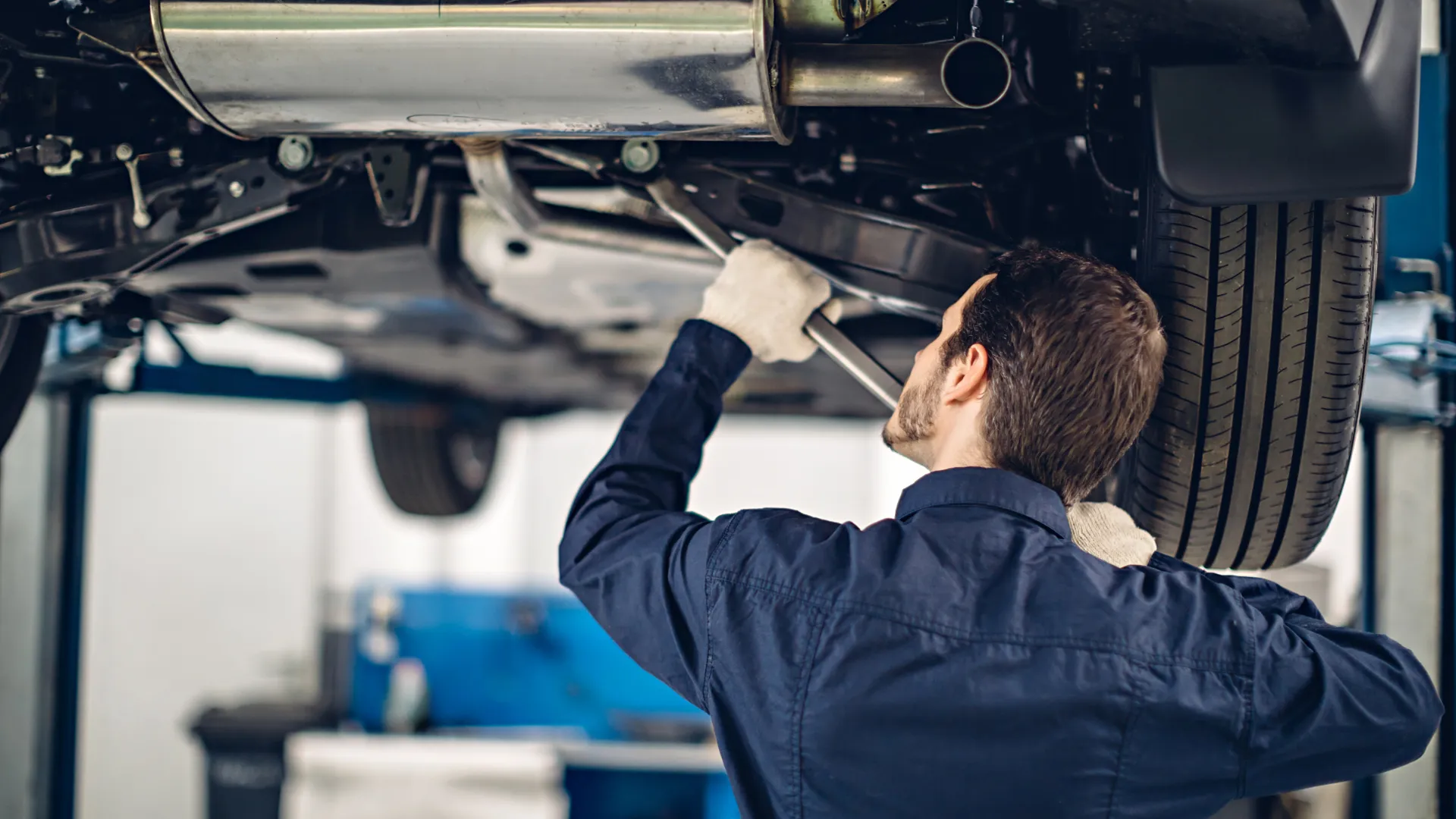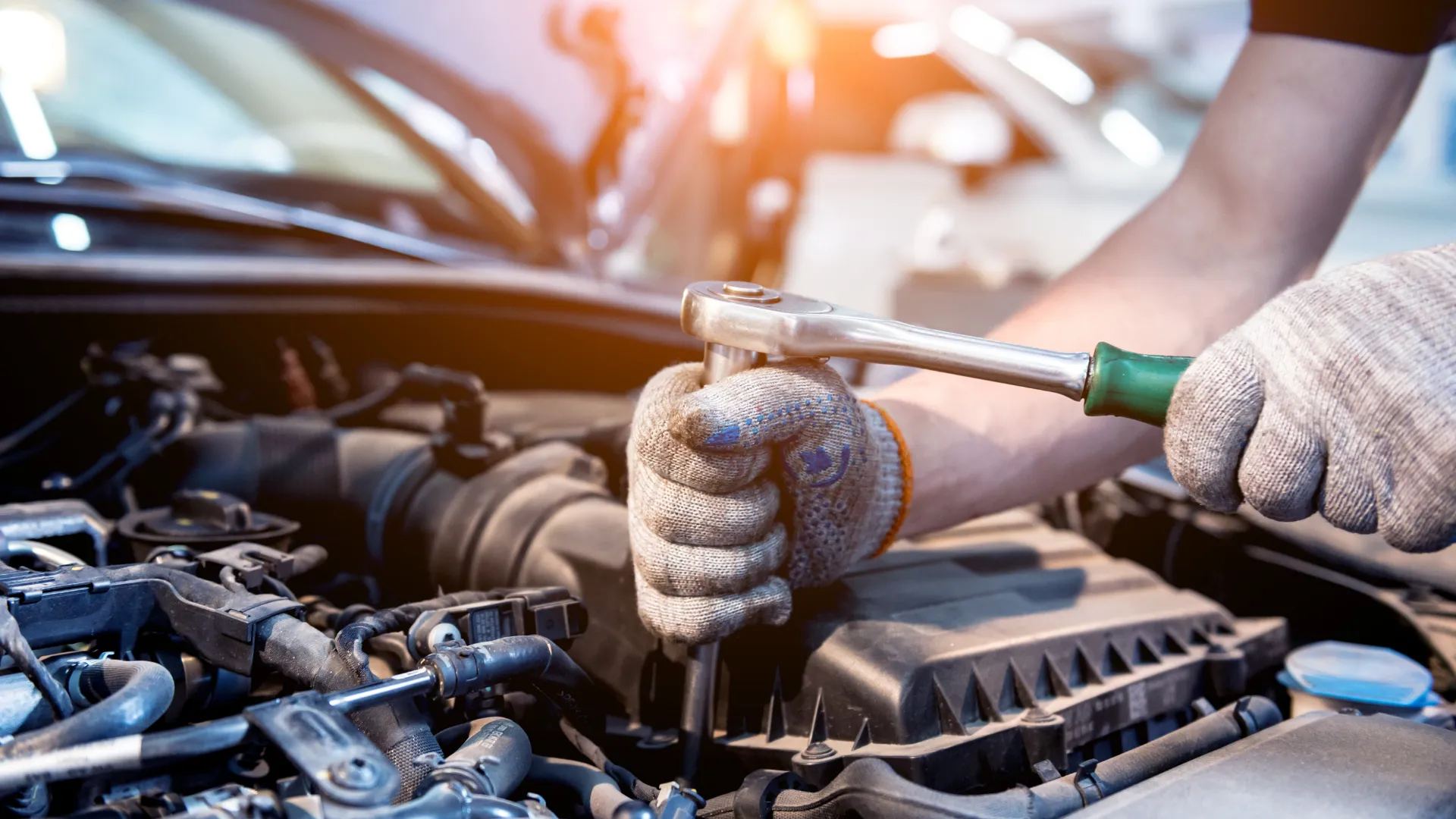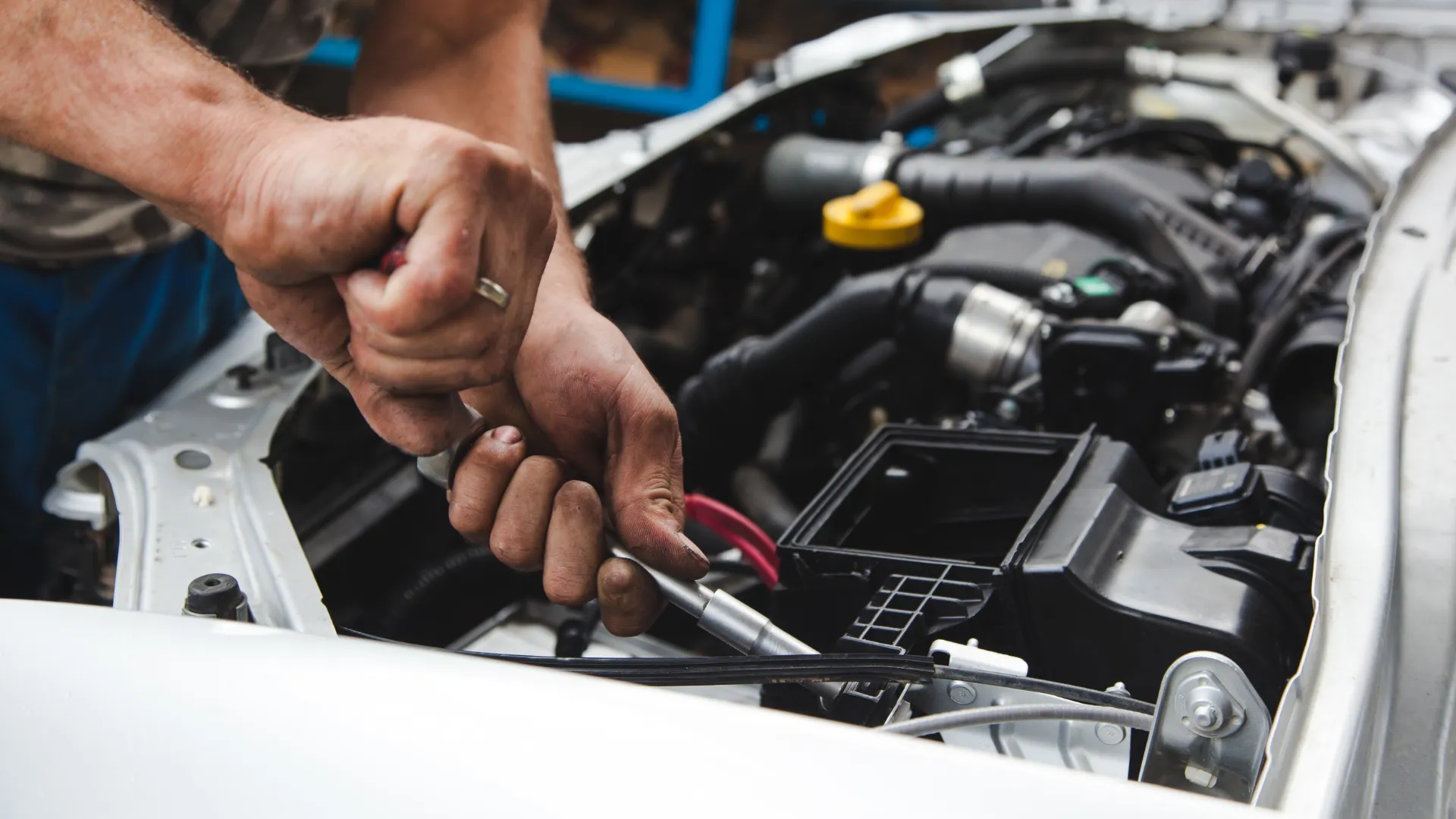
5 Common Car Repair Scams You Need To Know About
Car repair and auto mechanic scams are a prevalent problem these days, costing consumers huge amount of money every year. These types of scams occur when dishonest auto repair shops or mechanics take advantage of their customers by charging them for unnecessary or overpriced repairs.
In many cases, these scammers will attempt to convince customers that they need certain costly services without actually providing any additional value. This can come in the form of replacing an existing part with an overly expensive version such as tires, recommending expensive repairs that aren’t really necessary, or using unprofessional practices such as upselling services. In addition, some mechanics may charge for services that weren't performed at all, leaving consumers to pay for work that wasn't done.
The importance of this topic cannot be overstated, not only do car repair and mechanic scams cost people money directly but they also pose a major safety risk by leaving vehicles operating with inadequate parts or repairs. In some cases, this could even put drivers at risk of injury if the vehicle malfunctions while on the road due to shoddy workmanship.
The purpose of this article is to provide readers with information about how to recognise and protect themselves from car repair scam. We want readers to know what signs to look out for so they can make sure their vehicles are safe and properly serviced without being taken advantage of financially.
Mechanic scams revealed - what you need to know

1. Overcharging for services is one of the most commonly seen scams, in which a repairman charges an unreasonable amount of money for a service or repair. This can often be done by inflating an estimate or by charging for parts and labour that were not actually needed or used. Consumers should always ask for an itemised bill and check to make sure all charges are accurate.
2. Unnecessary repairs are another common form of scam. This type of fraud occurs when a repairman suggests repairs that are not actually required and will often use scare tactics to try to convince customers to have unnecessary work done. Consumers should always get a second opinion if they feel like the suggested repairs are not necessary.
3. Parts swapping - this is one of the worst scams, hard to detect as there is no way for us to know what parts, from what brand, are currently fitted to the car. It is often the case that good, branded parts are swapped by dishonest mechanics for cheaper and more worn ones.
4. Using substandard or fake parts is another way scammers can take advantage of unsuspecting customers. In this type of fraud, aftermarket parts may be used instead of genuine parts, leading to inferior performance and potential safety risks. Additionally, counterfeit replacement parts may be installed, creating further issues down the line as these parts are illegal and do not meet manufacturer standards. After the job done, always ask to see the replaced parts and check what was done exactly.
5. Charging for non-existent repairs is yet another type of scam that consumers should watch out for when dealing with repairmen or other service providers. This involves billing customers for services which were never completed, or charging extra fees without ever providing a valid explanation as to why such fees have been applied in the first place. In order to protect themselves from this type of fraud, consumers should always keep track of their bills and make sure all charges are justified before signing off on any paperwork related to the service provided.
Is your mechanic cheating you? Top things to look out for

It is important to research any repair shop before agreeing to have them perform repairs or services. You should look up reviews, check the shop's website and social media accounts, and talk to friends or family who may have used their services. It is also a good idea to get multiple quotes from different shops so that you can compare prices and services offered.
When you understand what repairs are necessary, it is easier to know if the quoted price is fair. Knowing the fair price range for services will help you determine if the quote a shop has given is reasonable or not. If there are any areas where one shop’s quote is significantly lower than another’s, take extra care in researching that shop and make sure all of your questions are answered before making a decision.
Ask for explanations and receipts when negotiating with any car mechanics so that you know exactly what kind of repairs they will be performing and how much it will cost. Also, ask questions about work that may be unnecessary – why does it need to be done? By ensuring that you fully understand what needs to be done on your car, how much it will cost and why it needs to be done in the first place, you can help protect yourself from scams and unethical practices. Additionally, make sure that you get detailed receipts of all parts purchased as well as labour costs- these documents can help prove that everything was done properly and paid for in case of any future issues arising with your vehicle.
How to avoid: get recommendations from people you know

When it comes to finding a reputable mechanic, getting recommendations from people you know can be invaluable. Talking to friends and family who have had experience with auto repairs can help you find out which shops are honest and trustworthy, as well as those that may not offer the best service. It's important to do your research before taking your car to an unfamiliar repair shop so you can make sure you're getting the best service possible.
Aside from asking for first-hand recommendations, there are other ways to identify a reputable auto repair shop. Check online reviews and ratings on Google Reviews, or visit their official website for additional information about their offerings and services. Reading customer reviews will give you a better idea of what kind of work they do, how long the repairs take, and what sort of customer service they provide. If any customers have posted negative remarks about the shop or its services, take the time to read those reviews carefully in order to get a more comprehensive understanding of their reputation.

It's also wise to call ahead and ask questions about the cost of repairs—the type of parts that will be used in the repairs (original equipment manufacturer (OEM) vs aftermarket parts), and if warranties are available for labor and/or parts should something go wrong in the future. Ask if they can provide an estimate ahead of time based on a description of the problem you're experiencing before having them inspect the car. This way you can ensure they don't take advantage by charging higher prices once they start working on your vehicle.
You don't have to know everything, but as a car owner it's useful to know the basics of how it works, wear and tear on parts or recommended service intervals.
Finding a good mechanic is essential when it comes to protecting both your wallet and your car from potential problems down the road. Don’t be afraid to ask around for referrals, read consumer reviews online, call ahead with questions about pricing, or even research certification programs for mechanics at local shops. Doing some due diligence before trusting someone else with one of your most expensive investments is always worth it!
What to do if I was scammed?

If you have been scammed in the UK, it is important to take action right away. The first step is to report the scam to the relevant authorities. Depending on the nature of the scam and how it was perpetrated, you should contact your local police, Action Fraud, or Trading Standards. Reporting scams will help protect others from being tricked by criminals in the future.
In some cases, it may be possible to seek legal recourse against those who have committed a scam against you. If you believe that you have been mistreated or exploited by someone via a fraudulent transaction, then it is worth investigating whether or not there are grounds for making a civil claim against them for compensation.

Finally, spreading awareness about any scam that has affected you can help protect other people from falling victim too. If possible, share details of your experience with friends and family so they are aware of how easily people can fall prey to scammers; this may even inspire them start taking steps towards protecting themselves better online in general.
Furthermore, sharing what happened on social media or writing an article outlining your experience can help make more of a difference by warning others about similar schemes which could potentially target them too. By remaining vigilant and speaking up when something doesn't seem quite right, we can all work together towards reducing scamming activity across the country and beyond.